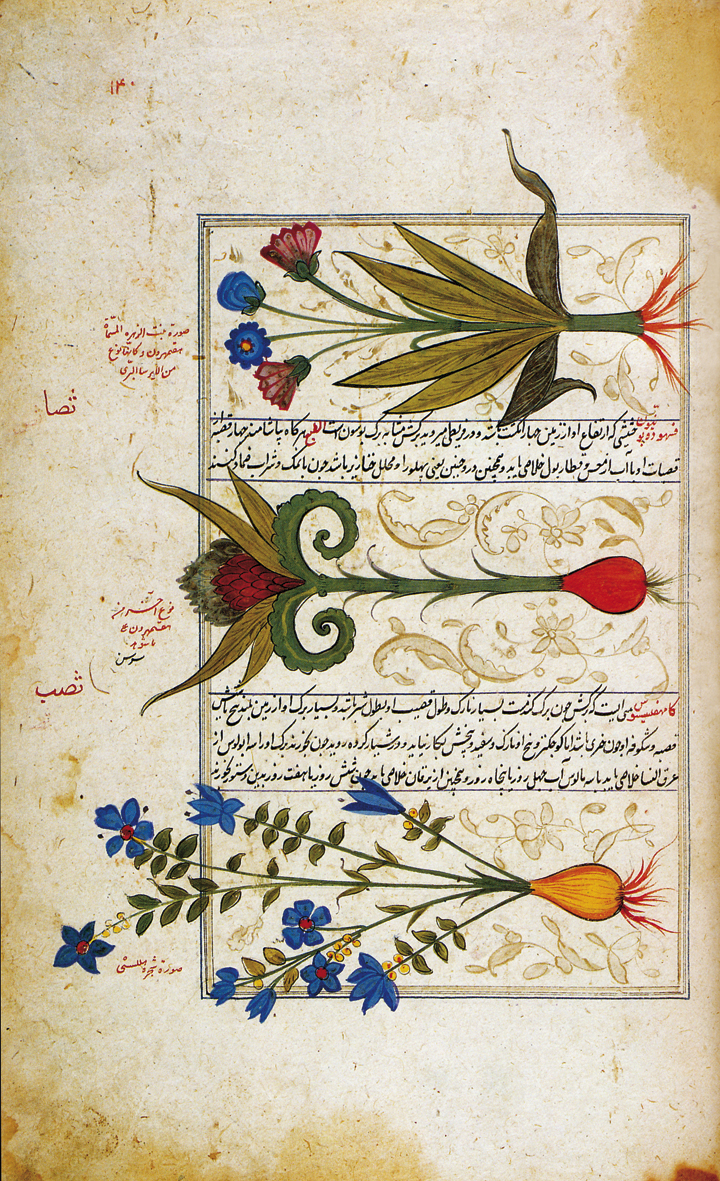
Click here to view image
Kitab-al-Ḥašā'iš (Book of Herbs)
Persian translation of Ghiyāth to Dīn Muḥammad-i Raḍavī from the Arabic translation of Isḥāq ibn Ḥunayn of Dioscorides' De materia medica (1st c)
Miniature with description of three plants

Click here to view image
Kitab-al-Ḥašā'iš (Book of Herbs)
Persian translation of Ghiyāth to Dīn Muḥammad-i Raḍavī from the Arabic translation of Isḥāq ibn Ḥunayn of Dioscorides' De materia medica (1st c)
Miniature with description of three plants


Click here to view image
Kitab-al-Ḥašā'iš (Book of Herbs)
Persian translation of Dioscorides' De Materia medica (1st c)
Miniature with description of two plants

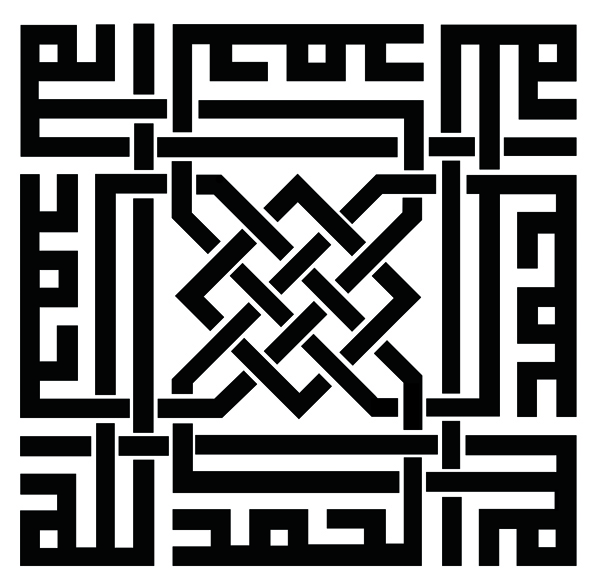
Click here to view image
al-Ḫamdu lillāhi
First verse of the first sūra ("al-Fatihā") of the Qur'ān in calligraphic form kūfī handasī (geometrized composition)

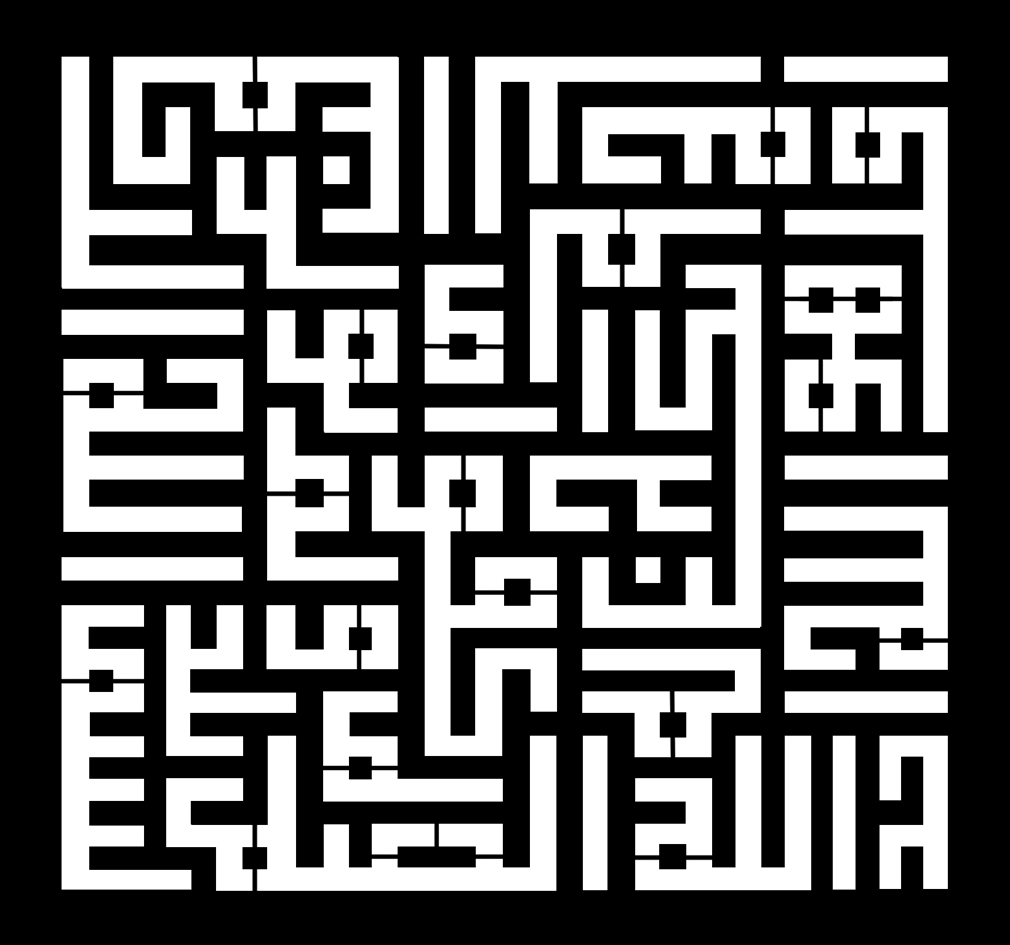
Click here to view image
al-Qur’ān
The sūra 112 al-īṃhlās ('pure faith') in calligraphic form kūfī handasī (geometrized composition)

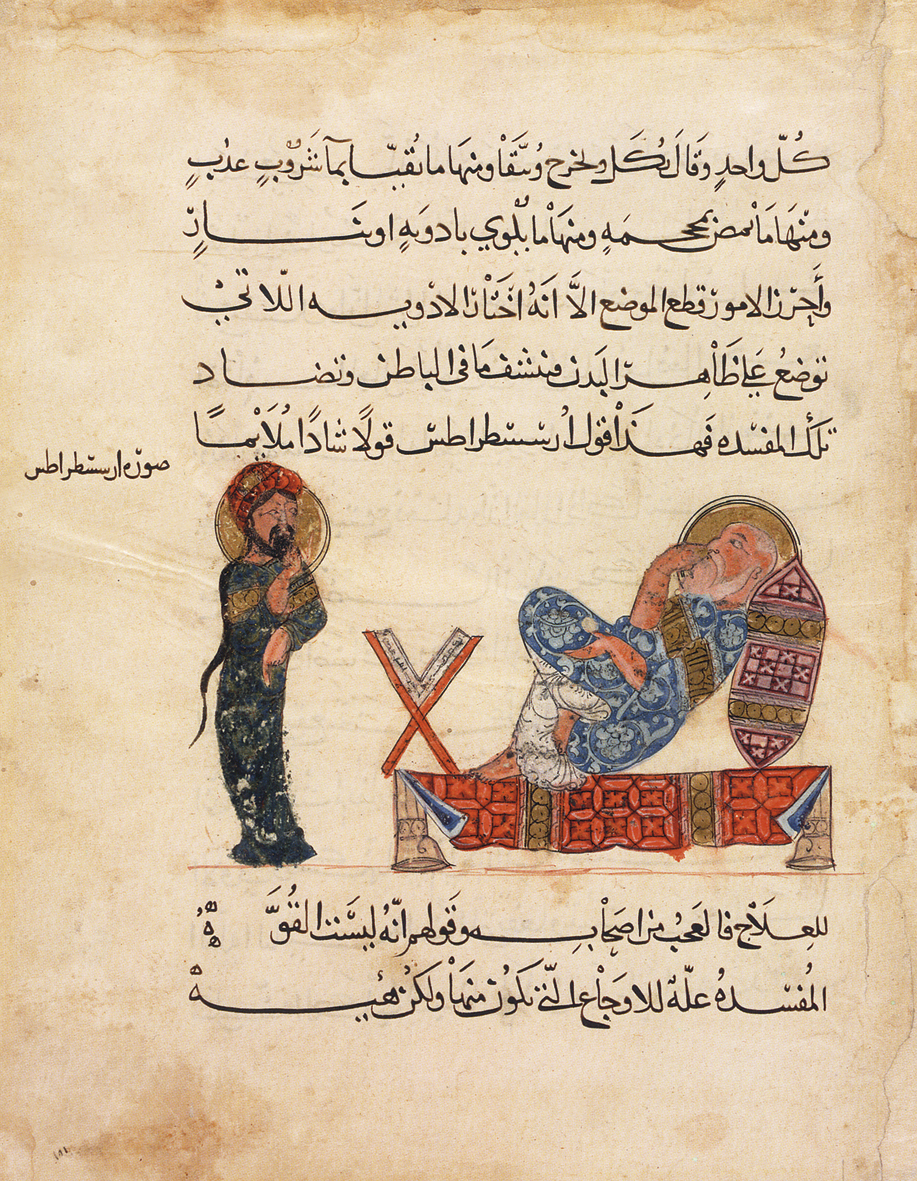
Click here to view image
Kitab-al-Ḥašā'iš (Book of Herbs)
Arabic translation of De Materia medica by Dioscorides (1st c)
Miniature depicting the Greek physician Erasistrate (m. 280 BC) in the company of an assistant


Click here to view image
Kitab-al-Ḥašā'iš (Book of Herbs)
Arabic translation of De Materia medica by Dioscorides (1st c)
Miniature depicting the interior of a medieval pharmacy

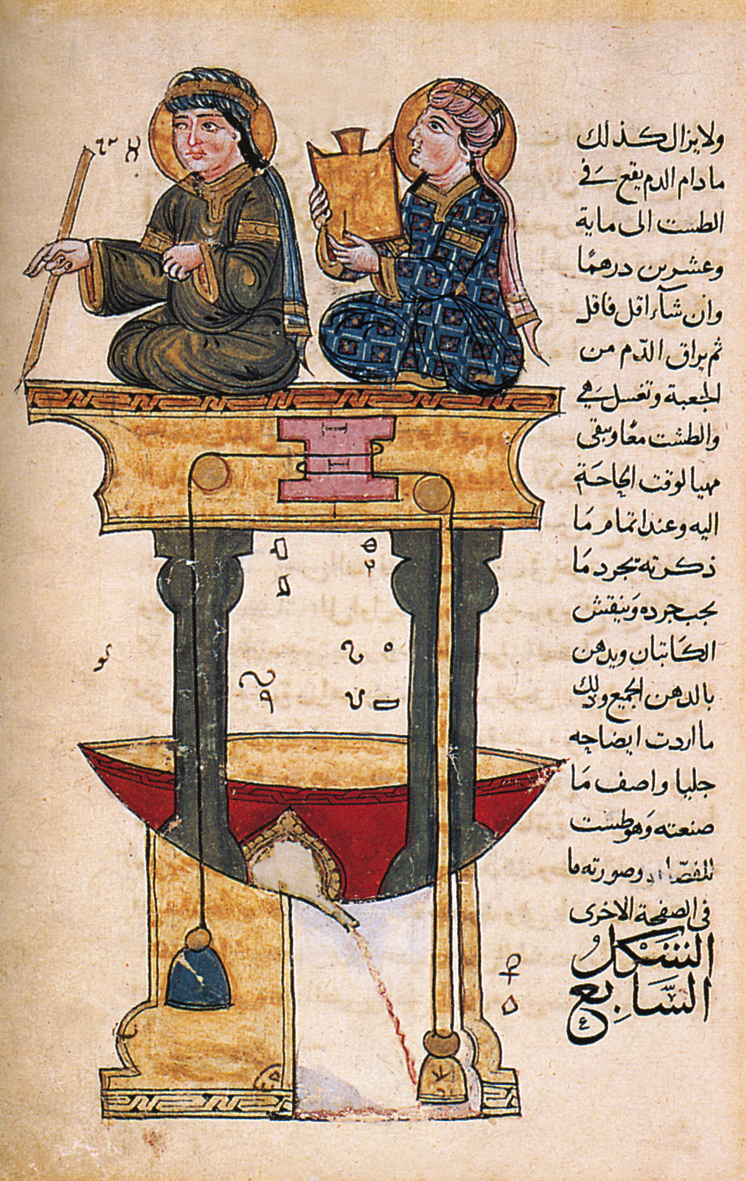
Click here to view image
Automate da al-Jazarī
Miniature from a copy of the Treatise on al-Jazari mechanical procedures (al-Jāmiʿ bain al-ʿilm wa al-ʿamal al-nāfiʿ fī ṣināʿat al-ḥiyal)(1204-1206) illustrating an automate able to measure the amount of blood taken during a bloodletting

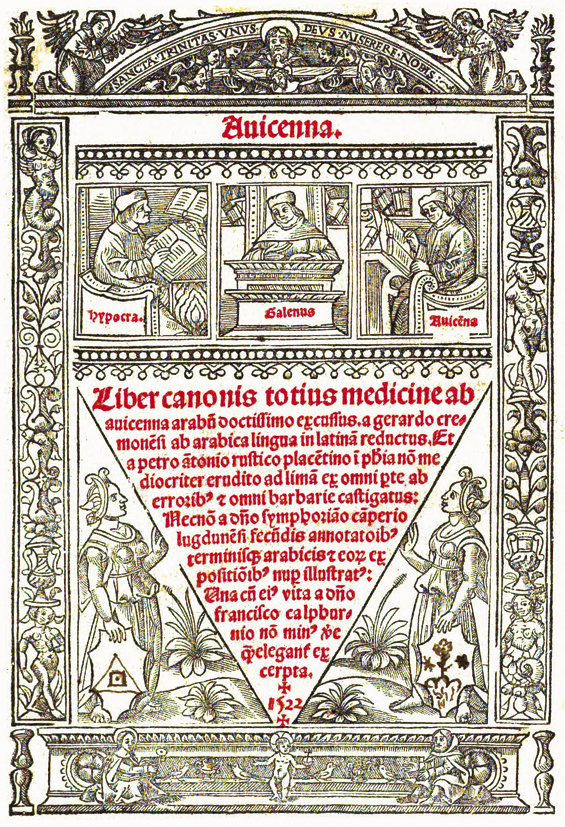
Click here to view image
Liber canonis medicinae
Title page of the Latin translation by Gerardo da Cremona (12th c) of ibn Sīnā’s work (Avicenna 980-1037)
Kitab al-Qānūn fī al-Tibb' ("The Canon of Medicine")

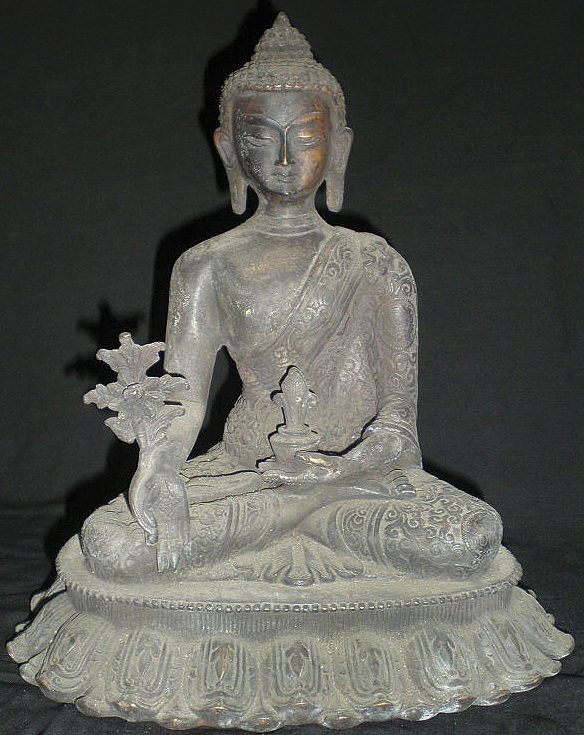
Click here to view image
Bhaisajyaguru
ambito Tibet
Bhaisajyaguru (Sangs-rGyas sMan-bLa)
sculpture
1801 - 1900 - XIX
MTPT3
Unità di misura: cm; Altezza: 23; Larghezza: 22; Profondità: 16
Tibet
bronzo e ferro
Bhaiṣajyaguru is the Buddha of medicine, a central figure in the Mahāyāna and Vajrayāna traditions. Supreme manifestation of the Buddha as a “master healer,” who through his “medicine” (Dharma) cures “disease” (duḥkha) by directing the “sick person” who relies on him (the disciple) to ultimate “healing” (nirvāṇa'). His emblems are different kinds of medicinal plants and a bowl. He is often depicted with a blue-colored body, usually made of ground lapis lazuli, sitting in padmāsana, with his right hand in varadamudrā and a bud, fruit or flowering branch in the same hand. The bowl, which simultaneously represents the offering in the spiritual dimension and the instrument for preparing medicines in the material dimension, is held up in the left hand. Sculpture depicting Bhaisajyaguru (Sangs-rGyas sMan-bLa), Medicine Buddha, Master of the medical arts and healer of all ills, along with some medicinal plants, his typical emblems.

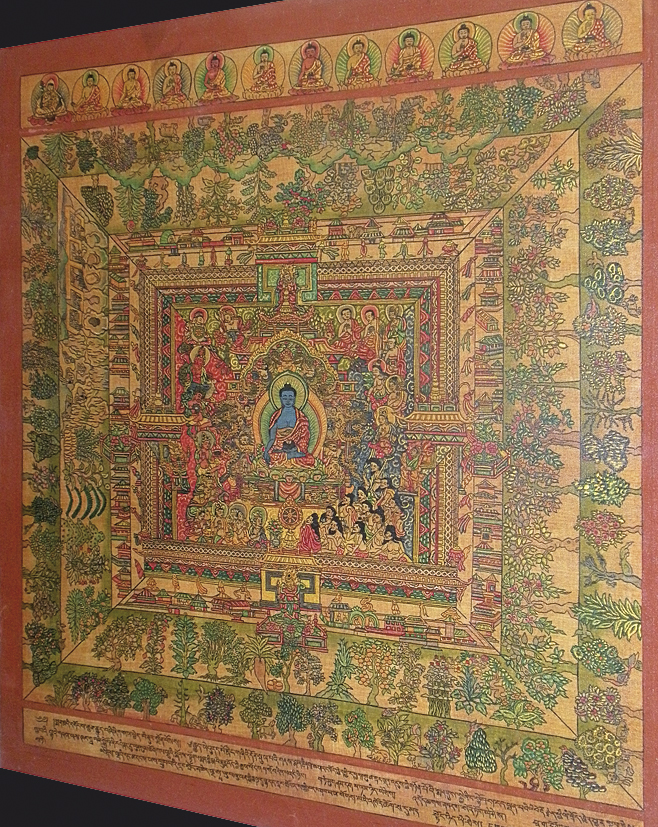
Click here to view image
Vaidurya sNgon-po - table 1
Cloth
The Blue Beryl, XVII century.
The palace of the Buddha Bhaiṣajyaguru, lord of medicines


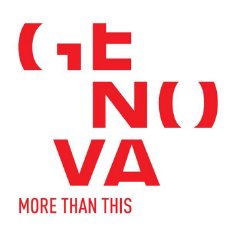
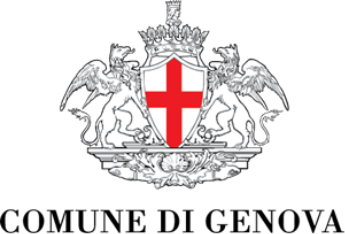
Headquarters:
Municipality of Genoa - Palazzo Tursi
Via Garibaldi 9 - 16124 Genoa
C.F / VAT 00856920102